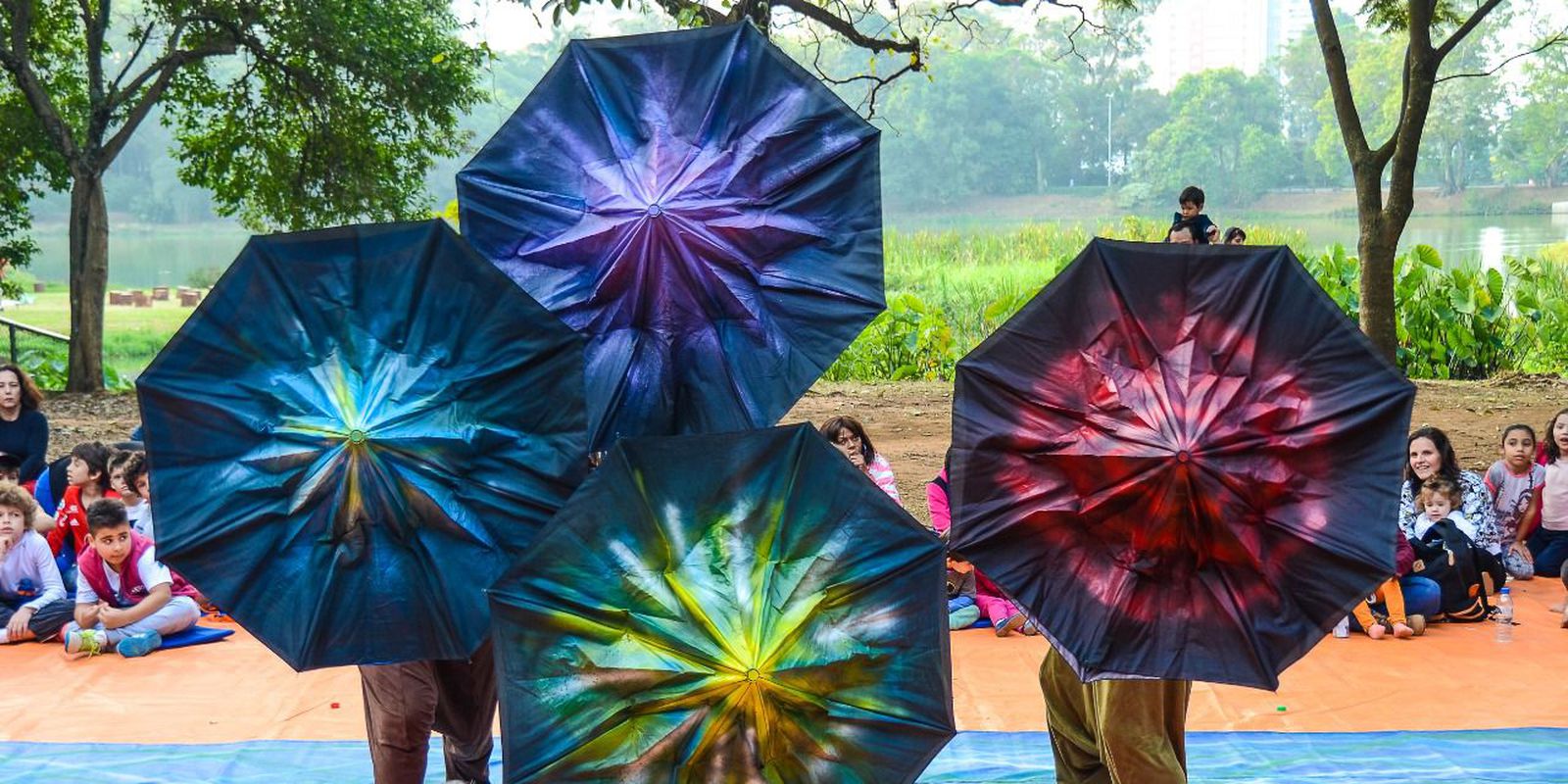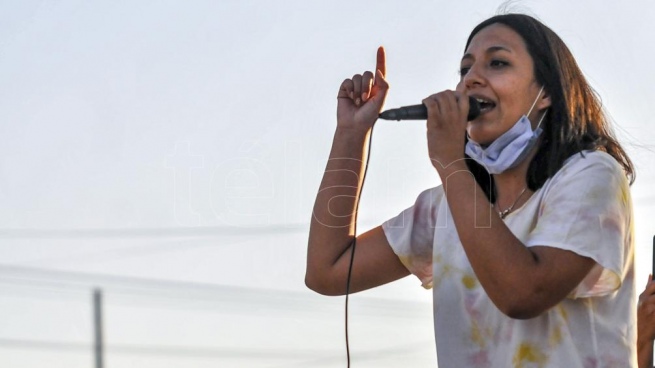Three free performances of the award-winning theatrical show fresh water will bring knowledge about Brazilian rivers and the environment to the public. Created in 2018 by Cia da Tribo, the play opens for the first time in Rio de Janeiro, and alludes to World Environment Day, celebrated on the 5th.
The exhibitions are scheduled for the 10th, at 10 am, at Lona Cultural João Bosco, in Vista Alegre, north of the city; 11th, at 5:00 pm and 7:00 pm, at Arena Carioca Jovelina Pérola Negra, in Pavuna, north of Rio; and on the 12th, at 12:30 pm and 2:30 pm, at Parque das Ruínas, in Santa Teresa, central region of the capital.
The classification is free and the distribution of passwords will occur one hour before the start of the presentation, which is subject to the capacity of spaces.
Tribe Company
The director of Cia da Tribo, Milene Perez, a theater teacher, informed the Brazil Agency that the company has been working with children for 26 years, accumulating, so far, a repertoire of ten active shows that have a strong connection with popular culture.
The piece fresh water came from a listening work that Milene did with theater students in a park. During this work, one of the children claimed to be hearing the sound of water. Milene confirmed that the sound came from a river that passed under the site. When they lifted the manhole cover, there was a very strong reflection and perception of how children see rivers in big cities. “Like something that stinks and causes floods, for example,” Milene said.
She took the conversation she had with the students to the theater group and they decided together to create a story about rivers. For this, they studied the straightening of the rivers that took place in São Paulo and that happened throughout the country, instead of seeking to strengthen rail and river transport, including giving preference to road transport. “And the rivers that snaked through the cities got in the way,” she commented.
Awareness
The issue was worked out then, not in a didactic way, but in a playful way, in order to sensitize the children, their parents and other people who watched the show. The company decided that one way to do this would be through large dolls made from reusable materials. The staging takes place on the street. The stage set up has a river that runs through the middle and the audience is seated on both sides, as if they were on the banks of the river, and ends up being part of the story.
The show fresh water part of the legend of Iara as a pretext to develop the issue of rivers. Iara lives in exile in the pororoca, which is where the currents of a river meet the waters of the ocean. She observes how envy and greed can harm nature, killing fish and drying up rivers.
The play uses folklore figures to make people aware of the importance of the rivers that circulate throughout Brazil and, many times, are found below our feet, plugged or piped during a process of rampant urbanization. Theater director and actor Wanderley Piras, who signs the text with Milene, explained that the use of poetic language allows the public to understand on their own the issues being addressed.
The dolls represent folkloric figures such as Cabeça de Cuia, Jaguarão, Pirarucu and Cobra Grande, and were made by the artist Adriano Castelo Branco. As they attract a lot of attention from spectators, the company leaves them exposed after the performances, creating a kind of outdoor exhibition, said Milene.
Tool
The theater director recalled that water is our main natural resource, essential for the existence of life on Earth. But recent ecological disasters, such as the rupture of the Brumadinho dam, which contaminated the Paraopeba River; or the oil spill in the Atlantic Ocean, damaging the entire marine ecosystem of the northeast coast and advancing into rivers and mangroves, ratify the need to talk about this to the general public. Cia da Tribo believes that theater can bring up important discussions, such as environmental awareness and preservation.
For the director of the group, the theater is a tool for the preservation of natural resources. “The experience that we propose with the theater involves an aesthetic expression that moves you, makes you question, sensitizes you, makes you have a look at something that, perhaps, on a daily basis, you pass by and don’t even look at. Then, after you have an experience like this, it somehow touches your sensitivity, your gaze, and you will no longer go through a river without looking at it, without thinking about it. I think that’s the role of theater.” The idea is to give voice to the rivers. We give voice to the rivers and the people of the city get emotional. It’s really cool!, she said.
The show fresh water won several awards, including the APCA Award for Best Street Show and the SP Award for Incentive to Children and Youth Theater in the Sustainability category. It was also nominated for the 7th Aplauso Brasil Award, in the Best Show for Children and Young People category. In the state of São Paulo alone, the play was performed in 80 parks. Milene Perez said that the idea, if Cia da Tribo has sponsorship, is to take the show across the country.
The performances of the play fresh water are sponsored by the social arm of the Tigre group (ICRH), through the Federal Law of Incentive to Culture (Law Rouanet).
Tribe Company
The group from São Paulo, founded by artists Milene Perez and Wanderley Piras, began its research work on popular culture in 1996. Its scenic language was developed through the study of popular traditions, Brazilian personalities and corporeities. Stories, songs, dances and puppets created by the people in different regions of the country are investigated, apprehended, recreated and brought to the scene, thus building a Brazilian theatricality.










